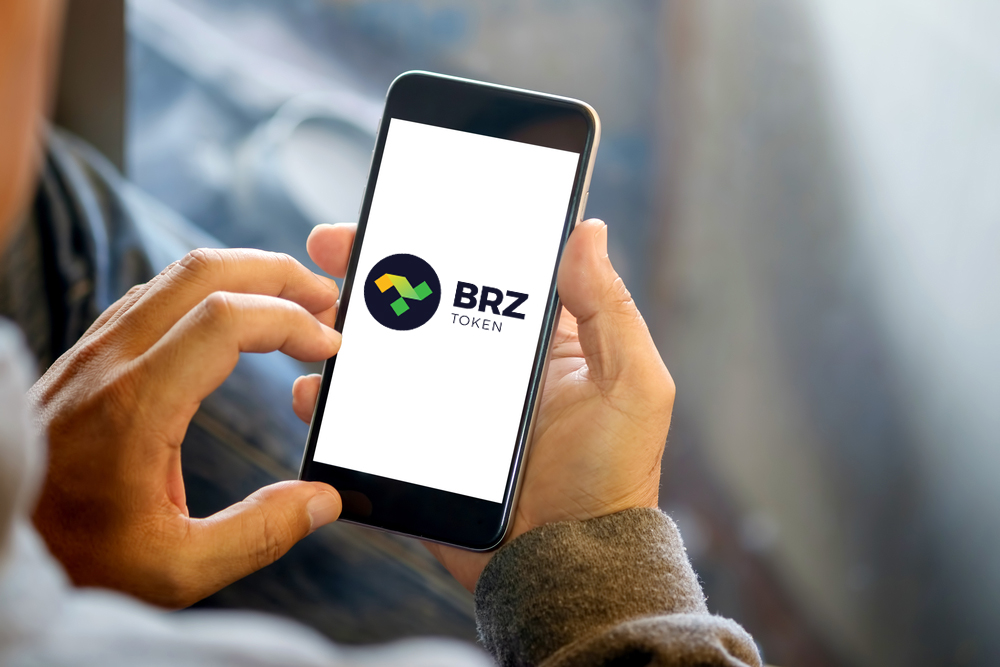Blockchain-based smart contracts unite the daily life of companies with technology. Contracts are programs that automatically execute the conditions agreed upon by the parties involved. From advertising to HR, all areas can benefit from smart contracts.
The versatility of smart contracts is such that they can be used to exchange money, property, and information. After all, they are contracts validated by the blockchain, automatically and transparently, without the need for intermediaries.
The information agreed upon is automatically updated, and all actions are executed without the risk of fraud and alterations since the data is encrypted and shared in the blockchain.
How smart contracts work

Smart contracts follow simple instructions, such as “if/when… then…”, which are written in code on a blockchain.
A network of computers performs the actions when the predetermined conditions are met and verified. These actions include releasing funds to the appropriate parties, registering a vehicle, sending notifications, or issuing a fine.
The blockchain is then updated when the transaction is completed. This means that the transaction cannot be changed, and only the parties that have received permission can see the results.
Being on the blockchain also gives smart contracts immutability: any changes to the document must be made from a new contract since transactions do not go back into the chain.
Five examples of smart contracts use:
1. NFTs: securing copyrights

Non-fungible tokens are the most popular examples of smart contracts. They are smart contracts that authenticate the intellectual property of works, preventing the copying of the works. In addition, NFTs are ways to validate the identity of each creation. Click here to find out everything you need to know about NFTs.
2. Smart contract for a digital ad campaign
A smart contract can include conditions for a publisher to achieve predetermined goals.
When an oracle confirms that publishers have done what they should, the smart contract triggers payment. For example, a clause might stipulate that a social media account with many followers must promote a discount code. After 100 legitimate purchases using the code, the owner of that social media account receives payment.
3. Cultivate better customer relationships
Smart contracts can create more innovative and efficient loyalty programs, resulting in a better relationship between the end consumer and the brand.
For example, a sports shoe brand can partner with a music streaming app and offer a free subscription if the consumer creates a playlist to listen to while running. The smart contract ensures that these transactions happen without fraud and that everyone wins.
4. Improve employee productivity

There is an opportunity to automate an HR manager’s workflow using distributed accounting technology. For example, an HR employee must confirm employment history and perform reference checks. A smart contract can facilitate the onboarding of new employees by simplifying these verification tasks.
In addition, blockchain can automate responsibilities, such as enforcing employee contract terms and penalties or processing payments.
5. BRZ Token Bridge: facilitating financial transactions

The BRZ token bridge is a feature that allows you to send the BRZ token from one blockchain to another in a simplified way. BRZ, a stablecoin pegged to the real, is an ERC-20 token first published on Ethereum and then on other networks, such as Binance Smart Chain and RSK.
Check out more about the BRZ Token Bridge here.







